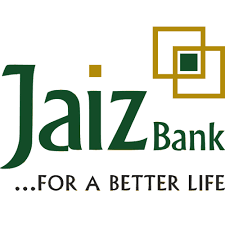By Ibidunni Banjoko
Jaiz Bank, Nigeria’s premier non-interest bank, has marked its 10 years of providing ethical services to individuals, corporate and government entities since 2012. The bank is committed to its mission of “Making Life Better Through Ethical Finance”.
For the past ten years, Jaiz Bank has maintained its leadership role by deepening alternative model of financing, thus providing the foundation for its expansion, and providing the needed ethical funding for infrastructural development in the country.
In a recent report, Hassan Usman, Managing Director/Chief Executive, Jaiz Bank Plc, disclosed that the bank had financed the agricultural sector to the tune of N75 billion in the last 10 years. He also said that the bank had disbursed over N60 billion to more than 2,000 SMEs as well as created credit facilities for over 20,000 individuals.
Speaking at a media briefing to commemorate the bank’s 10th year in operation, Usman also said one of the areas the non-interest financial institution had impacted significantly was the delivery of housing to Nigerians. He said the bank had delivered over 3,000 houses to Nigerians within the past decade.
He added that non-interest banking remained open to all irrespective of their persuasion, stressing that it has become a growing world phenomenon.
He said the bank had been able to grow its balance sheet size from about N12 billion in 2003 to N300 billion in 2021 as well as grew its branches from only three branches at the beginning to currently about 45 branches spread across the country.
Asked if the increasing emergence of non-interest financial institutions does not pose a threat to its existence, Usman said: “Rather than being a threat, it is an indication of the success that we have more non-interest financial institutions coming up in the country.
“And we see them not as competitors but as collaborators. We collaborate to do business. In the financial system, you need partners. And banking is about taking from a surplus institution or individuals and being an intermediary and financing deficit.”






Comment
No comments found.